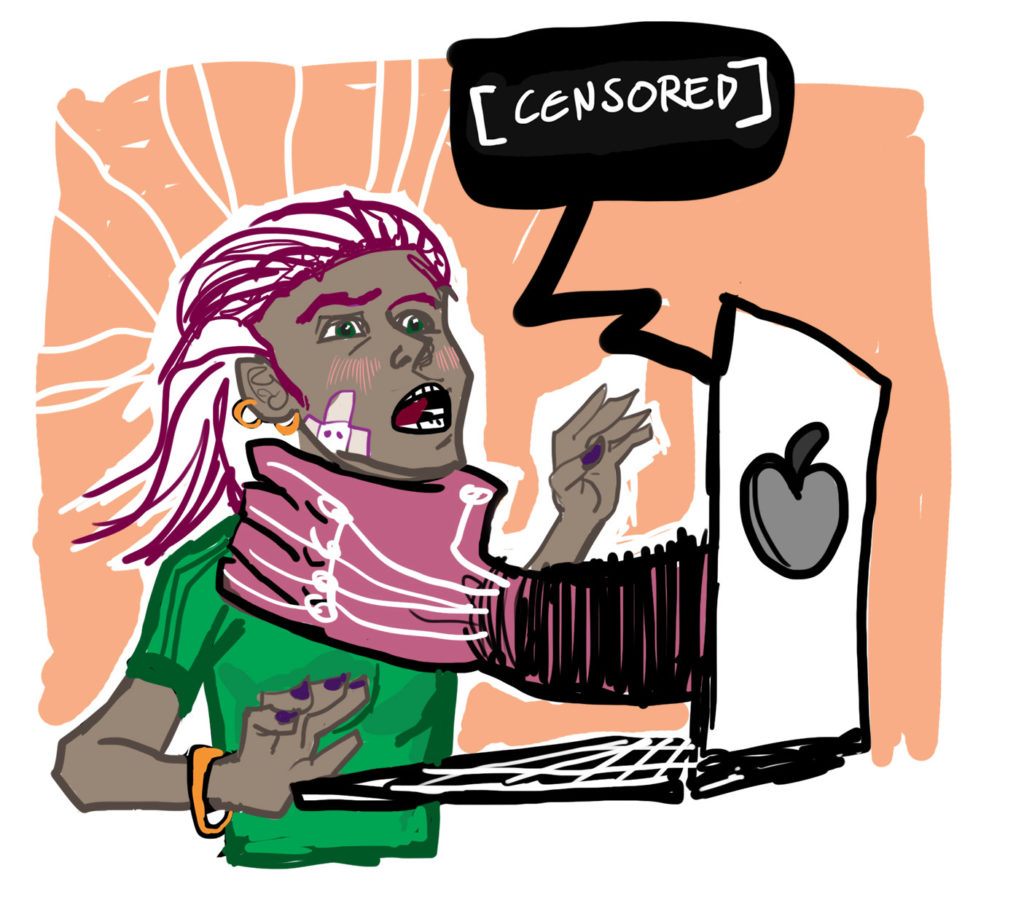
By Mars Dorian, {grow} Contributing Columnist
Fellow content creators and marketers, whether you like it or not, the European Union is once again going to change the way you work online. Remember last year’s GDPR law that flooded your inbox with companies updating their terms of services?
Well, another heavy regulation is looming on your digital horizon.
(Insert sarcastic happy face here)
The European Council has voted for a new copyright law that limits how copyrighted content is shared on online platforms.
As of now, companies are not responsible if their users violate copyright laws.
So if you post copyrighted material, let’s say a devastating YouTube review of a blockbuster movie where you feature snippets of the movie, the company AKA the copyright holder can ask the platform to take it down. It’s simple and no one has to pay a fee.
But when the new law goes live, tech companies will be held responsible and fined for allowing to upload copyright-infringing material.
Before you think it wouldn’t impact you, please read on. Because it does.
I’ll save you all the bureaucratic details. You can read all 64 pages of the EU Copyright Directive here. (Tell me if you make it past the first five pages, because I didn’t.)
Let me just feature the two most problematic articles of the regulation which may impact your content marketing strategy:
Article 13, the “meme ban”
Profit-oriented platforms (hint: Every social media platform you use) have to delete any user-generated content that violates copyright laws. If you upload a YouTube video reviewing a Disney flick showing footage, it will be deleted. Same for every image, text and/or video you upload but don’t hold the copyright.
This could mean the companies will have to install upload filters that check every single piece of content you EVER upload.
Since even the most niche social network and obscure forum will have to abide, Article 13 could devastate small businesses who don’t have the means to create sophisticated upload filters.
This article is also called the “meme ban” since memes mostly use copyrighted material and are likely to face getting deleted the second you upload them on Twitter or Facebook.
The problem? The inaccuracy of these filters and algorithms is well-known. The German Facebook last year deleted the profile and posts of a German Jew sharing his experiences with anti-Semitism. Apparently, Facebook’s ‘hate speech’ filters couldn’t differentiate between a victim of anti-Semitism and the actual anti-semitic perpetrator.
Onto the next culprit.
Article 11 AKA the link tax
If content excerpts are featured from a publisher, for example on Google news or news aggregation sites, you have to obtain a license from that publisher. This also means you can’t post quotes or snippets on forums anymore UNLESS you obtain the appropriate license.
The idea here is that content creators and publishers ought to get paid whenever excerpts of their work get published on the web. It sounds almost fair, except the lawmakers didn’t address the vagueness of the rules.
What constitutes an excerpt? If I link to Mark Schaefer’s blog using one of his headlines, will I have to obtain a license from him to do so? It’s his text that I feature but don’t pay for.
If you sell a self-published book on your page and feature journalists praising it, will you need to get a license from them? What if you include reviews from commercial sites or business owners?
Imagine getting a license for every piece of content you feature but don’t own.
It’s the bureaucratic gift that keeps on giving.
Now you might say, “Who cares. I’m not an EU citizen and I don’t live in Europe. Touché.”
No touché for you, amigo.
As it’s the case with the General Data Protection Regulation enforced in 2018, the new law will apply to any online user, regardless of their nationality or where they live.
Since the EU is still the biggest economic block on the planet, its influence shapes the MO of big tech companies from the US. The new digital laws will apply to online marketers in Singapore and content creators from Wyoming. There’s no escape.
What can you do? If you’re not an EU citizen, you can’t do anything. Ugh. It sucks, I know.
As a German living in the EU, I’m going to address my local politicians and see how far I can get.
EU copyright law – Conclusion
I wish I could give you a more actionable plan but it’s important to be informed about web issues that affect you.
Are you worried about the new EU content regulations? If not, why?
 Mars Dorian is an illustrating designer and storyteller. He crafts words and pictures that help clients stand out online and reach their customers. You can find his homebase at www.marsdorian.com and connect with him on Twitter @marsdorian.
Mars Dorian is an illustrating designer and storyteller. He crafts words and pictures that help clients stand out online and reach their customers. You can find his homebase at www.marsdorian.com and connect with him on Twitter @marsdorian.


